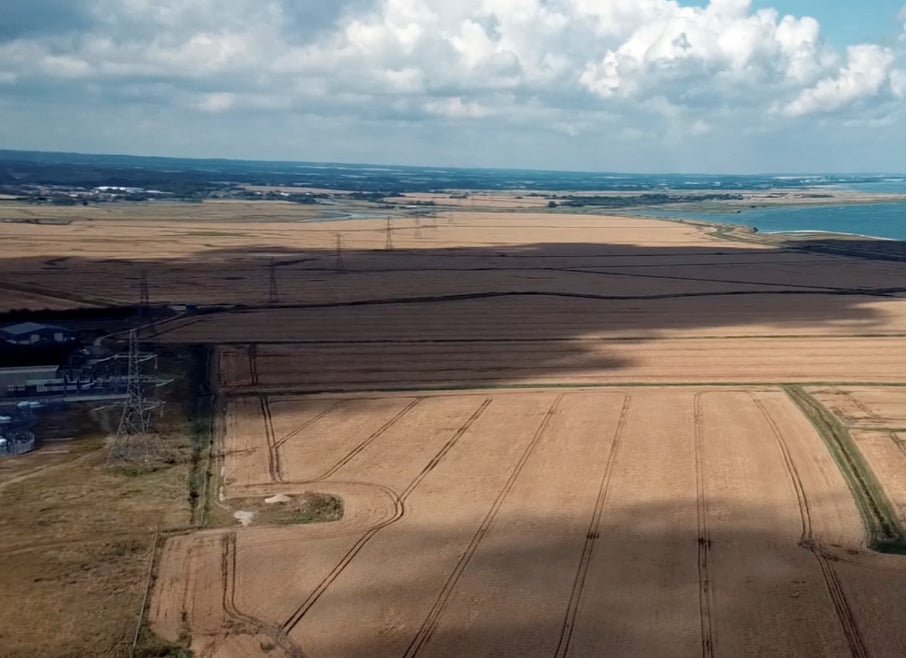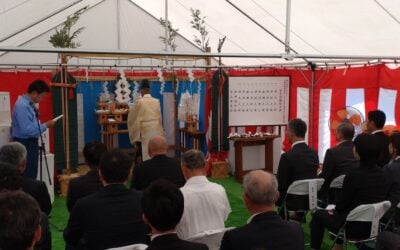
A 150MW battery energy storage system (BESS), to be deployed along with 373MW of solar PV as part of the Cleve Hill Solar Park project, has reportedly been rejected by the local planning authority in the UK.
The local planning committee for Swale Borough Council in the county of Kent, near London, has refused an application to install at the BESS part of the project.
Enjoy 12 months of exclusive analysis
- Regular insight and analysis of the industry’s biggest developments
- In-depth interviews with the industry’s leading figures
- Annual digital subscription to the PV Tech Power journal
- Discounts on Solar Media’s portfolio of events, in-person and virtual
According to an article carried by national broadcaster BBC, residents feared using lithium iron phosphate (LFP) battery cells to store energy. This led to a protest outside the council’s office before the planning committee meeting on Wednesday (28 February).
Past coverage by our colleagues at Solar Power Portal on the project, which was renamed Project Fortress, indicated that the battery storage element of the project would include an installed capacity of 150MW, making it amongst the largest in the country.
The report from the Council claimed that LFP batteries are “more subject to explosion risk than other types” and that committee members rejected the battery safety management plan for the site “after nearly four hours of debate”.
The primary cause for the rejection of the safety management plan was due to a “lack of water storage facilities on site, a lack of access to the battery storage area, and the lack of an evacuation plan”.
It is worth noting that the Cleve Hill project went into construction in April 2023, and investor Quinbrook Infrastructure Partners has described the facility as the UK’s “largest solar and battery energy storage project”.
See the full original version of this article on Solar Power Portal.






